
The future is now
Harnessing the power of digital twins to reimagine cities across the KSA and beyond. According to PwC’s 2022 report,

Behind the scenes of Saudi Arabia’s efforts to enable trailblazing transport modes and services in the Kingdom.
June 2023 marked the first time an electric vertical take-off and landing vehicle (eVTOL) aircraft took to the skies in Saudi Arabia.
The successful completion of a series of air taxi test flights in June, built on 18 months of collaboration between NEOM, the General Authority of Civil Aviation (GACA), and Volocopter, marked a milestone in mobility not only in the Kingdom, but also a step towards solving one of the world’s most pressing challenges.
The global urban transport industry is at a critical inflection point. Deteriorating legacy infrastructure, traffic congestion, and air pollution are major challenges in large and growing metropolitan areas across the world. In fact, air pollution, in particular, is now among the planet’s biggest problems, and it has greatly intensified the need for innovative solutions.
Closer to home, here in Saudi Arabia (and the wider Gulf region), the problem is further complicated by a rapidly growing population under the age of 25, and that more than 75% of the nation’s total population lives in urban areas.
While demand for infrastructure in the Kingdom is expected to soar, there is also a need to meet this growing demand sustainably– which is why mobility solutions and urban transport infrastructure are a pivotal part of Saudi’s ambitious Vision 2030 economic diversification plan.
As per the plan, Saudi Arabia is on track to become one of the most advanced smart cities in the world through the deployment of groundbreaking transformative technologies that will not only improve mobility, but also increase efficiencies and reduce environmental footprint, while connecting people in new ways.
With billions in investments and yet-to-be-built developments, Saudi Arabia is now leading the charge towards solving some of the planet’s biggest challenges. From autonomous vehicles, on land and in air, to electric vehicles and car sharing, major innovations are underway in the kingdom that reimagine and reinvent every facet of moving people and goods.
Autonomous vehicles are among the most notable developments slated to shape the future of mobility in Saudi Arabia. Last year, NEOM, the smart and sustainable giga-project development in northwest Saudi Arabia, announced a US$175 million Series E investment in Volocopter– a pioneer of urban air mobility that is launching the world’s first-ever electric vertical take-off and landing vehicle (eVTOL) suite of services that will include passenger air taxis, heavy-lift cargo drones, and its very own ecosystem. NEOM’s acquisition of equity stake in the company is also part of its strategic engagement with the global eVTOL industry, positioning it as a leader in future mobility solutions.
“NEOM seeks to revolutionize urban mobility,” Florian Lennert, Head of Mobility at NEOM, said. “Our investment in urban air mobility pioneer Volocopter builds on our joint venture with the company, and enables us to develop and innovate electric air taxis and vertical mobility in KSA and around the world. This is part of HRH Crown Prince Mohammed Bin Salman’s vision for NEOM to be an accelerator of human progress. Electric air taxis are a key piece of our mission to implement a truly sustainable and seamlessly connected multimodal mobility system, powered entirely by 100% renewable energy. Our $175 million investment in Volocopter positions NEOM as a global leader in advanced urban air mobility. It will enable NEOM to lead in implementing the first integrated public eVTOL system worldwide, and provide a blueprint for future urban mobility internationally.”
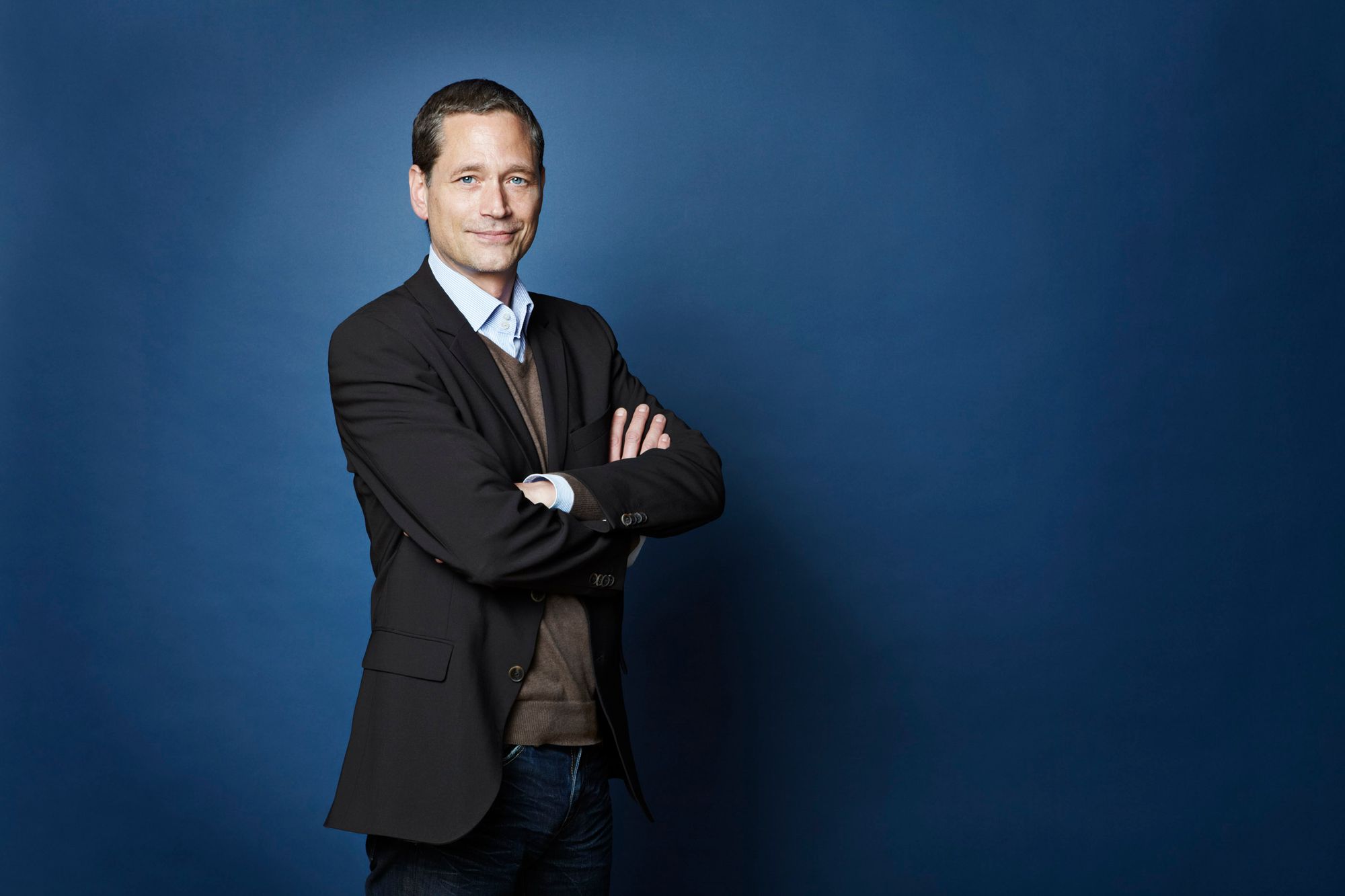
Fundamentally, NEOM and Volocopter, along with Saudi Arabia’s General Authority of Civil Aviation (GACA), are implementing a national test bed for Saudi Arabia –and the world– to enable the integration of eVTOLs with zero-emission future urban mobility. “We believe that NEOM’s mobility vision and our partnership with Volocopter will accelerate future urban mobility that features public transportation with zero emissions in a whole new dimension,” Lennert said. “NEOM is on the cusp of something new and very exciting. We are working with the Kingdom’s General Authority of Civil Aviation on shaping innovative regulation for this new form of transportation, and together with Volocopter, we are in the process of making air taxis an everyday reality for people.”
Lennert pointed out that NEOM’s foray marks a never accomplished feat in the urban mobility space globally, which could change the face of transportation in cities not just in the region but across the globe. “We plan to start initial flight operations within the next two years, and expect to have commercial services available in 2026,” he said. “We are currently expecting delivery of an initial fleet of 15 aircraft from Volocopter– five VoloDrone aircrafts for logistics and shipping, and 10 VoloCity passenger aircrafts. And in the future, we are also looking forward to connecting the various destinations and cities across NEOM with eVTOLs, and supporting the world-leading events we’re looking forward to hosting, such as the Asian Winter Games in Trojena in 2029.”
According to NEOM, this is the first time in 150 years that a major urban development like it will have been designed around people rather than road networks. In 2022, cities in Saudi Arabia ranked as among the world’s most improved cities on a global urban mobility readiness index. The Kingdom’s capital Riyadh moved up five places from 54 in 2021 to 49 in 2022, and its commercial hub Jeddah rose from 58 to 51, according to the study by the Oliver Wyman Forum and the University of California Berkeley’s Institute of Transportation Studies. The annual report of 60 cities said that Saudi’s current large-scale investments in mass transit and innovation mean the cities will likely continue to improve their positions.
“Cities of the past were built around cars, not people or communities,” Lennert said. “An over-reliance on private mobility and internal combustion engine cars has caused congestion, safety issues, and pollution, all while limiting urban livability and segregating our public spaces. Our infrastructure has long been strained by unsustainable land use and urban design, and our mobility systems often exist in silos. There is limited integration and limited flexibility for passengers. Fortunately, we are moving towards a new era that values sustainability and people. These values will be the basis for how cities around the world are likely to plan mobility systems in the future. NEOM is putting zero-emission and shared mobility, walkability and cycling at the heart of our community’s urban fabric.”
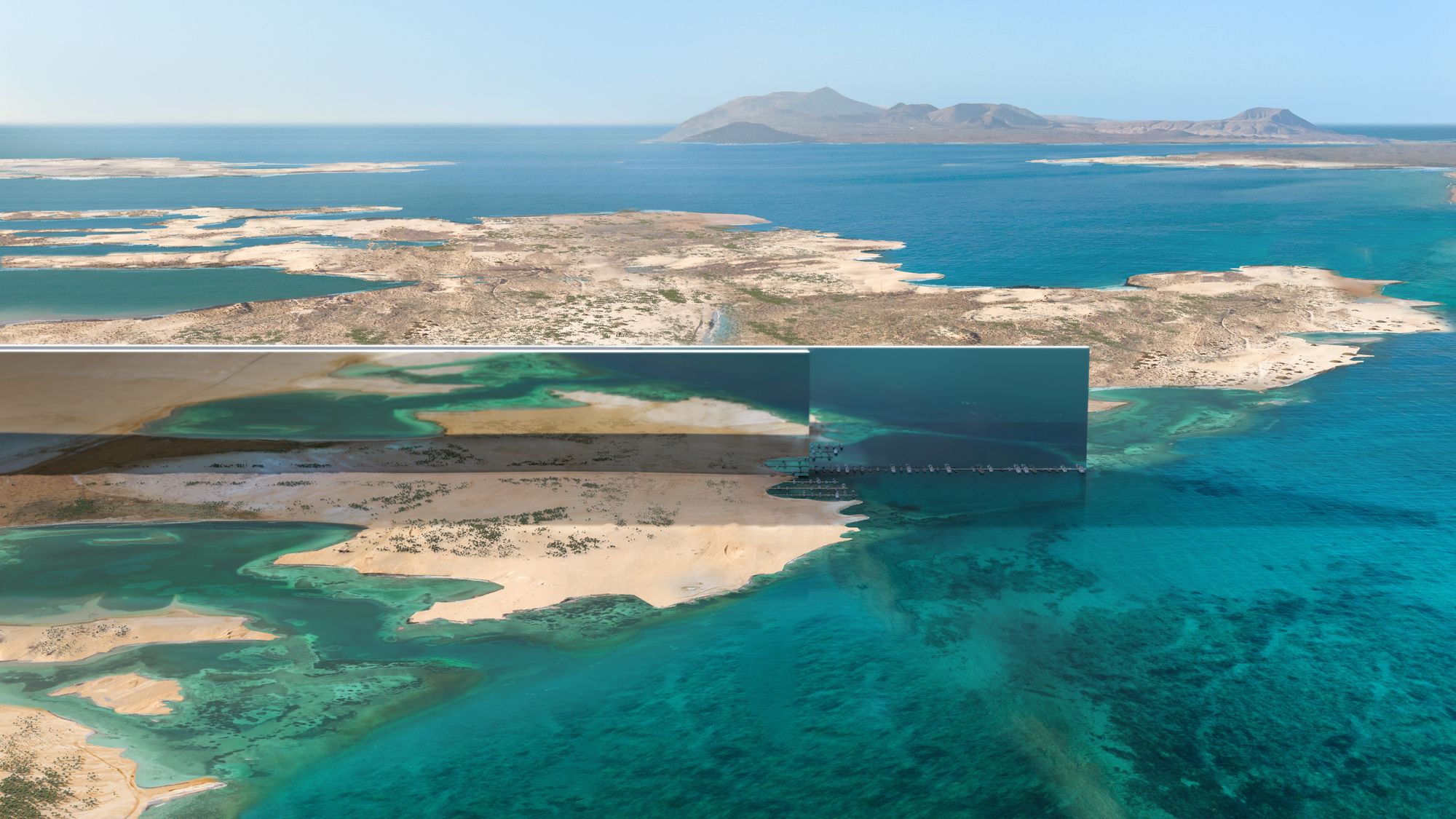
“We are shifting the paradigm from cars and roads to people and quality public spaces, incentivizing and encouraging active mobility, while offering appealing and seamless public transit options,” Lennert continued. “We have already begun to see a proliferation of micro mobility, walking, and cycling paths in cities around the world– even in those without a cycling culture. We are seeing a move towards more multi-modal, connected transportation ecosystems rather than individual segmented innovations, offering a more passenger-friendly experience. I expect that we will continue to see a greater shift towards shared mobility as a service, electrification of vehicles, autonomous transport, digital transformation of service offerings, and, of course, the introduction of vertical mobility.”
NEOM’s most significant advantage is that it is free from the burden of legacy infrastructure or regulations that constrain innovation and experimentation, Lennert added. “To work in this kind of environment is an unparalleled opportunity,” he said. “In NEOM, because we don’t have legacy infrastructure to contend with. We can introduce new innovations more easily, while other cities around the world will likely make changes incrementally over time. We are a global living lab for innovation and future mobility.”
According to a 2021 Strategy & report, transitioning to sustainable mobility could unlock a $400 billion monetary benefit for Gulf state economies over the next two decades– making it a crucial link in the green agenda. Evidence of the economic benefits of sustainable mobility are already visible on the horizon with the launch of Ceer, the first Saudi electric vehicle (EV) brand, a joint venture between Saudi Arabia’s sovereign wealth fund, the Public Investment Fund (PIF), and Taiwan’s Foxconn. The Kingdom’s move to accelerate the seismic transition toward automobile electrification will support Saudi’s efforts towards carbon emissions reduction, while also contributing towards ending the world’s largest oil producer’s dependence on hydrocarbons and its revenues.
“As the Kingdom’s first electric vehicle brand, Ceer will look to make electric vehicles mainstream nationally and regionally, help ignite the Kingdom’s automotive manufacturing sector, develop Saudi Arabia’s high-tech expertise, and create thousands of new high skilled jobs for Saudi nationals,” said Alex Malouf, Ceer’s Executive Director, Corporate Communications and Public Relations. “We are looking to change a nation through the introduction of innovative, sustainable electric mobility solutions. Electric vehicles are becoming more affordable as more models enter the market. What we want to do is make electric vehicles an option for a larger group of the population. Ceer’s cars will offer unprecedented value, as we drive to make electric vehicles both accessible and attractive to the public.”
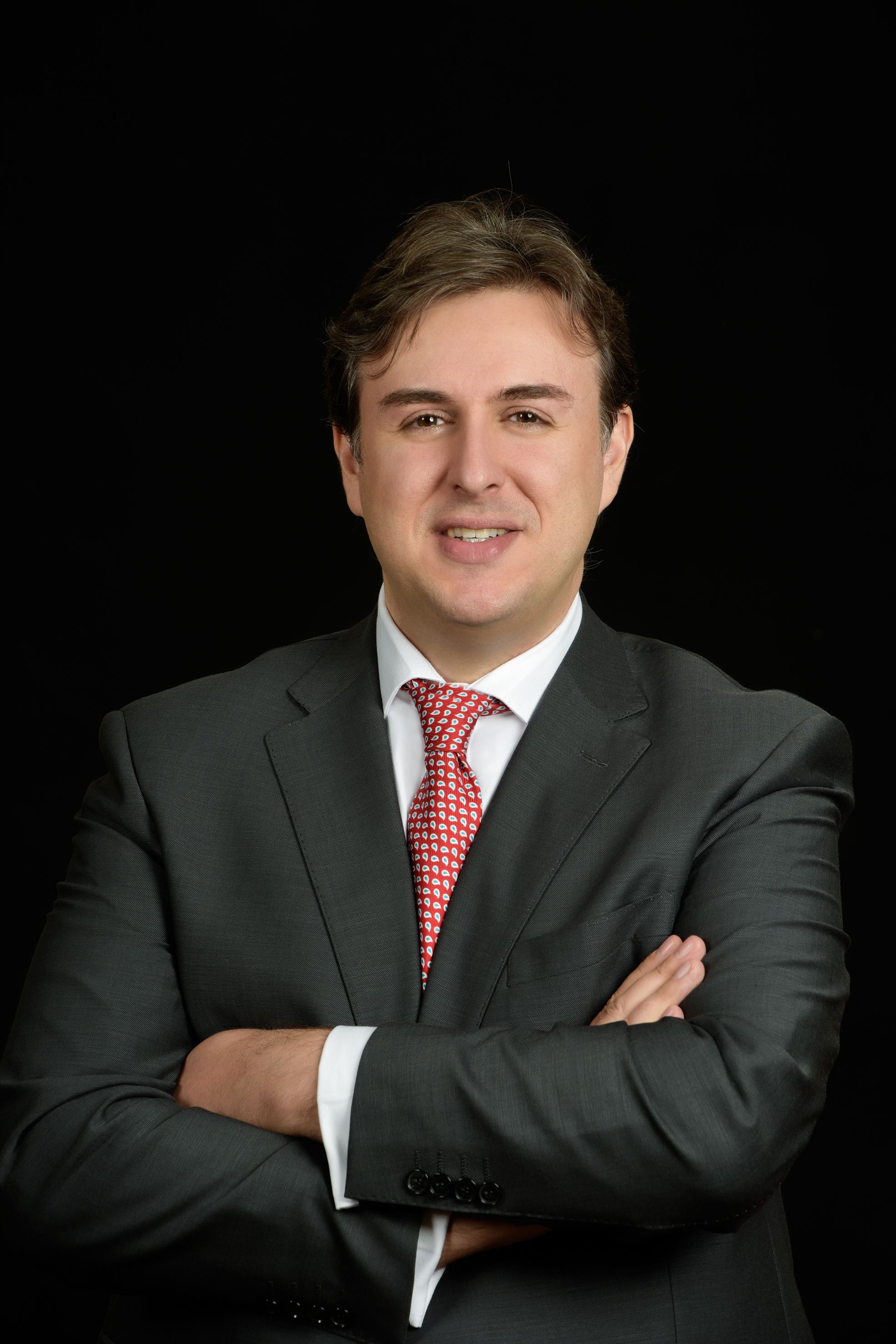
Ceer will design, manufacture, and sell vehicles –including sedans and sports utility vehicles (SUVs)– for consumers in Saudi Arabia, as well as the Middle East and North Africa (MENA) region. The company is projected to attract more than $150 million of foreign direct investment, create up to 30,000 direct and indirect jobs, and directly contribute $8 billion to Saudi Arabia’s gross domestic product (GDP) by 2034.
“Ceer will be a sign to others that the Kingdom is on its way to becoming a technologically-advanced manufacturing hub for the automotive sector,” Malouf said. “Nearly all the major car brands see EVs as the future of mobility. In many ways, Ceer isn’t just an electric vehicle manufacturer. We are a technology company. We are working with global leaders in their respective fields. And we want to produce sedans and SUVs that exceed the expectations of the Saudi public. Our manufacturing facility will be state-of-the-art, with technologies such as advanced robotics, 3D printing, artificial intelligence and other pioneering concepts. We want to lead the way when it comes to mobility. We have an opportunity to not just build electric cars, but to make the public think differently about transportation.”
Malouf also noted that the cities of the future will focus not just on infrastructure provision and growth objectives, but will address well-being and sustainability issues for their residents. “Today’s transportation is responsible for much of today’s greenhouse gasses,” he said. “We see a national and regional move towards cities that are greener, more sustainable, and healthier. This is very much part of Saudi Vision 2030, and other initiatives in the Gulf. Electric vehicles are part of this transformation. Zero carbon mobility is integral to better living, and healthier populations. The technology underpinning electric vehicles will lead to safer, better transportation. And autonomous driving will lead us to an era where we can connect our cities with our cars and each other, resulting in new concepts and ownership models.”
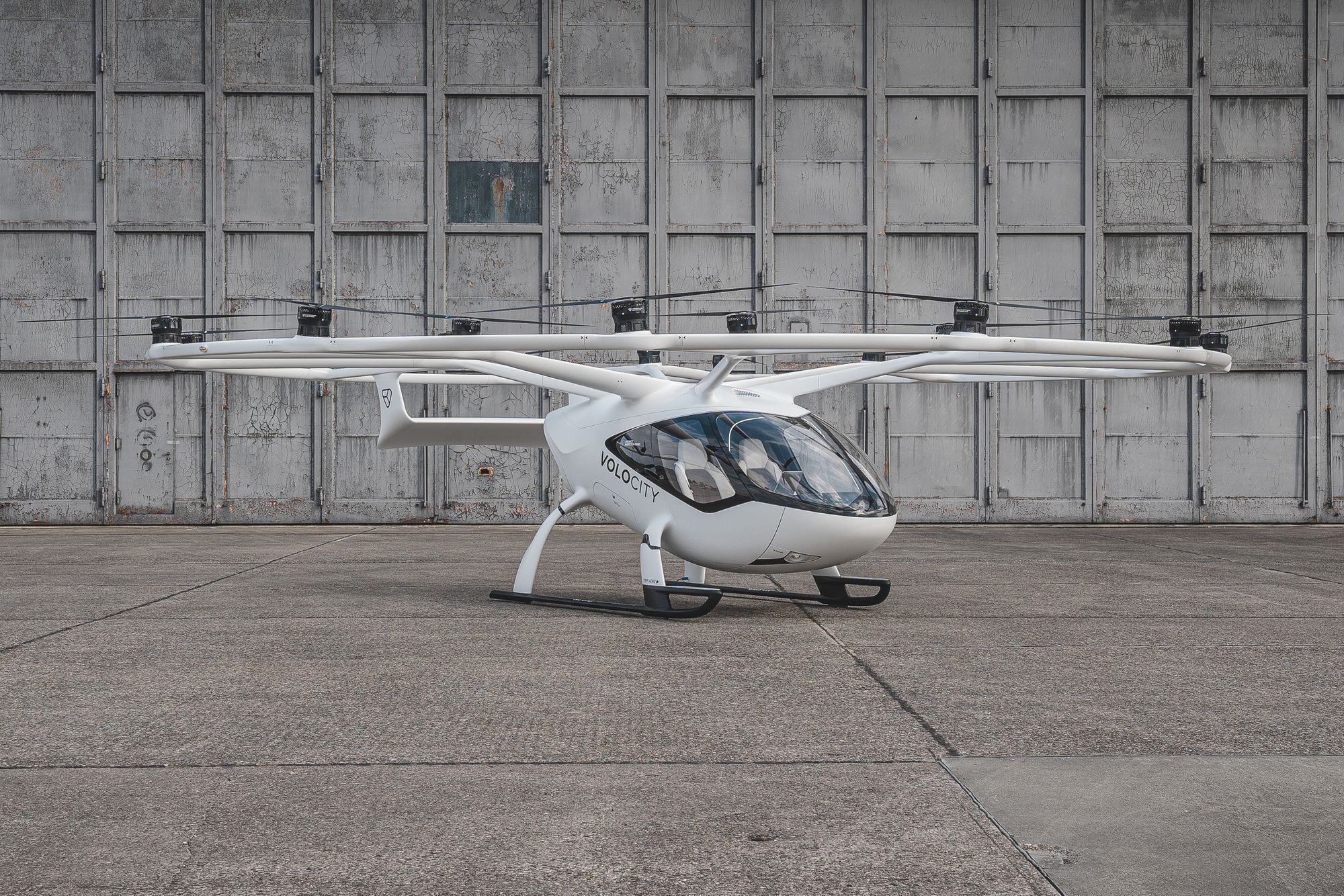
Saudi Arabia’s forward-thinking vision for its automotive sector is also clear cut from its nearly $1 billion investment in Lucid Group Inc., which, in 2022, set new standards with its first car, Lucid Air– the longest-range, fastest-charging electric car on the market.
Lucid Air has already been named the MotorTrend Car of the Year and honored as one of Time’s 200 Best Innovations of 2022. As the cars make headlines worldwide, Lucid is also aiming to boost the prominence of electric vehicles in the region.
In May last year, the company announced plans for the construction of a world-class Lucid production factory in Saudi’s King Abdullah Economic City for re-assembly of Lucid Air vehicles that are pre-manufactured at the company’s U.S. AMP-1 Manufacturing Facility in Casa Grande, Arizona, and, over time, for production of complete vehicles.
Lucid also opened its first Studio in the Middle East, located in Riyadh, inviting customers to experience the brand and its products. The sovereign wealth fund, PIF, is the largest investor in the US-listed electric vehicle maker.
“Saudi Arabia recognizes the transition that’s underway when it comes to how automobiles are powered, and they’re looking into the future to secure a better world for generations to come,” Faisal Sultan, Vice President and Managing Director Middle East at Lucid Motors, said. “As the country is heavily committed towards investing in sustainable mobility and clean energy for cars, in line with Saudi Vision 2030, we’re witnessing the Kingdom take steps to pave its way to the new era of sustainable transportation. And as part of its international strategy, Lucid has launched a studio in Riyadh, and laid the groundwork for a full production factory in the Kingdom.”
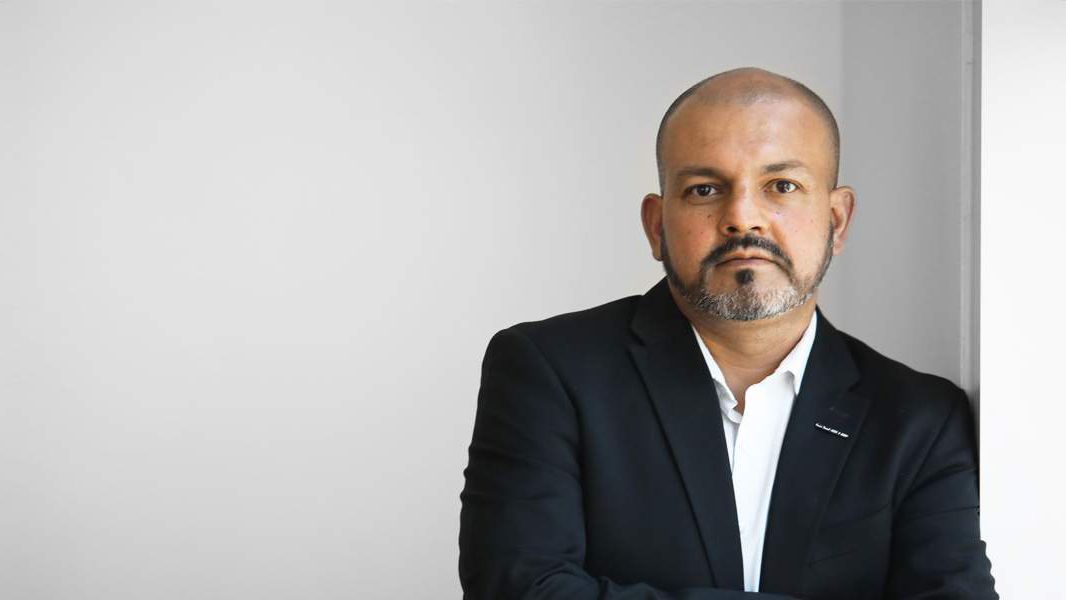
“At home and abroad, our mission is the same: to combat climate change through inspiring sustainable transportation and further grow our global brand as an industry leader in electric vehicle technology,” Sultan added. “This is a practical, natural step that will enable us to grow our brand, scale our business, and address worldwide and untapped market demand on an entirely new level. Alongside the Kingdom’s efforts to increase the use of clean energy and addressing climate change through the Saudi Green Initiative, Lucid anticipates construction of the factory to have a peak production of 155,000 vehicles per year. We hope that access to EVs along with the enablers Saudi is providing will support the kingdom’s transition to sustainable transportation.”
Meanwhile, Sultan pointed out that Saudi Arabia has been dedicated to establishing its EV infrastructure. “In a smart city, the quality of life of urban residents is improved using disruptive technologies across various areas including transportation mobility,” he said. “The move towards the electrification of transport relies upon several elements including electrical equipment and systems for railways, secondary cells, and batteries, electrical accessories, electrical power, and energy transfer systems for electrically propelled road vehicles and industrial trucks, and personal e-transporters. Additionally, as the world is accelerating towards electrified transportation, we can expect the focus to be on ensuring that the infrastructure required to make electric vehicle adoption work is widely available and usable. We’re seeing the Saudi government heighten its efforts to develop EV infrastructure, in an attempt to increase efficiencies within the EV ecosystem in the Kingdom.”
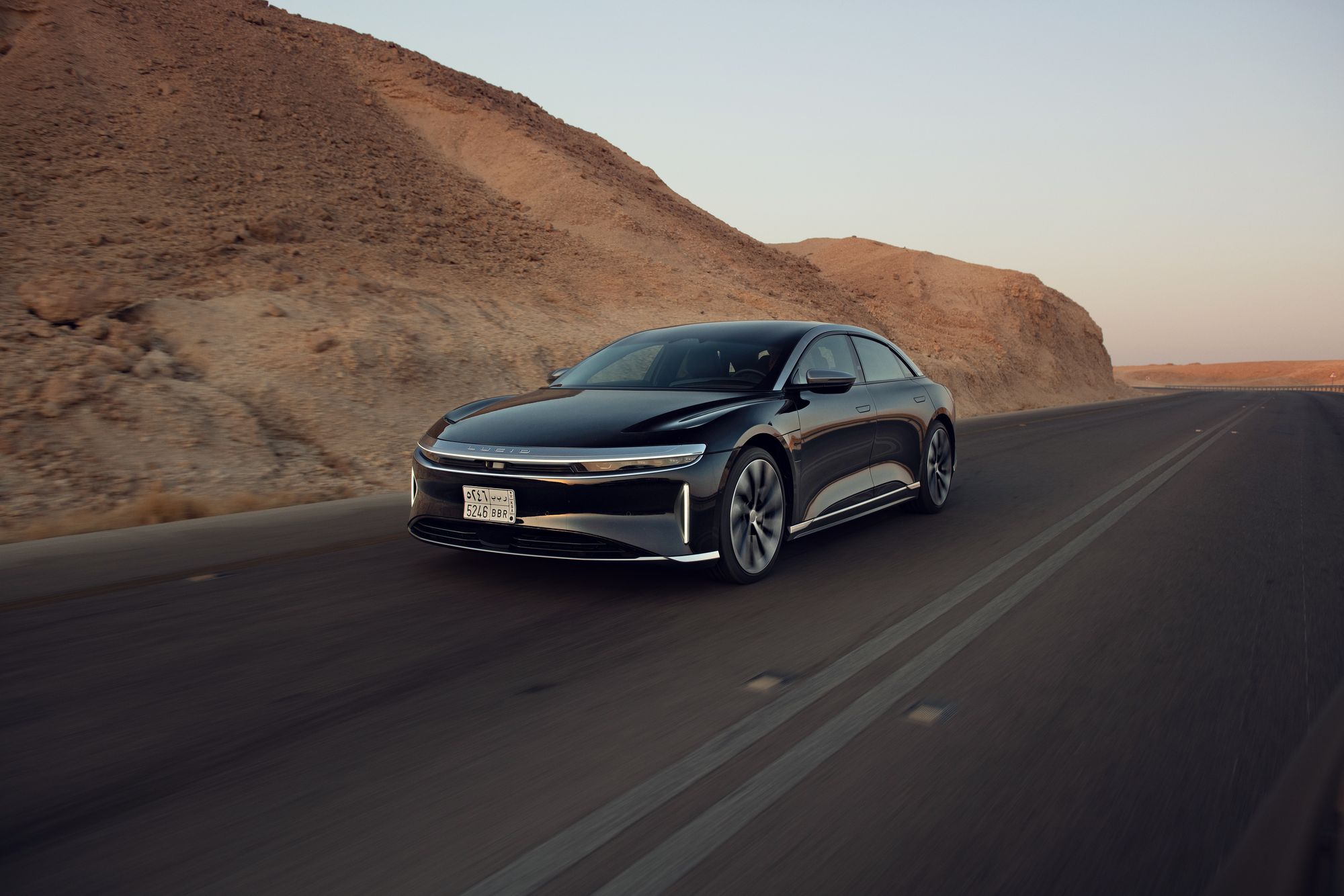
But even as the next generation of transport mobility technologies are being designed in the region, another major development in how people get around in Saudi is already in progress.
Shared mobility –the shared use of a vehicle, motorcycle, scooter, bicycle, or other travel modes– is becoming increasingly popular in the Kingdom, and reducing reliance on personal vehicles. Last year, UAE-based car sharing platform Udrive expanded into Saudi Arabia with its app-based pay-per-minute and daily car rental services.
“With the largest mobile population and biggest physical cities, we consider Saudi the key Gulf market to scale our platform,” Nicholas Watson, co-founder and CEO of Udrive, said. “This is one of the key reasons we are launching multiple projects in the Kingdom across Riyadh, Madinah and Mecca, Jeddah, and Dammam too. We first launched in Riyadh, the 40th largest city economy worldwide at present, and gearing up to become the 10th by 2030. With the city’s population forecast to nearly double this decade, from 7.2 million to 15 million by 2030, the city has been identified as a strong market for short-and long-term car leasing and rentals. The average percentage ratio of car-sharing cars to passenger cars in Riyadh is 0.02% compared to a global average of 0.5% in major cities, presenting a significant opportunity in a sector that is only just getting started.”
The transportation sector is the world’s single largest source of greenhouse gas emissions and road travel –both passenger and freight– accounts for three-quarters of these emissions. “Where private transport makes up about 30% of all mobility in major global cities such as London, Singapore, and Stockholm, the Gulf average is staggering, and particularly with Riyadh having the highest private vehicle share of 95%,” Watson said. “We intend to become part of the core mobility infrastructure in Saudi. This includes public fleets for your general consumers, tourism fleets dedicated to tourists and several new fleets coming in 2023 to service more mid- to lower-income groups who need mobility on demand. The sustainability pillar of Saudi Arabia’s ambitious Vision 2030 strategy presents a compelling case for us to expand into the region.”
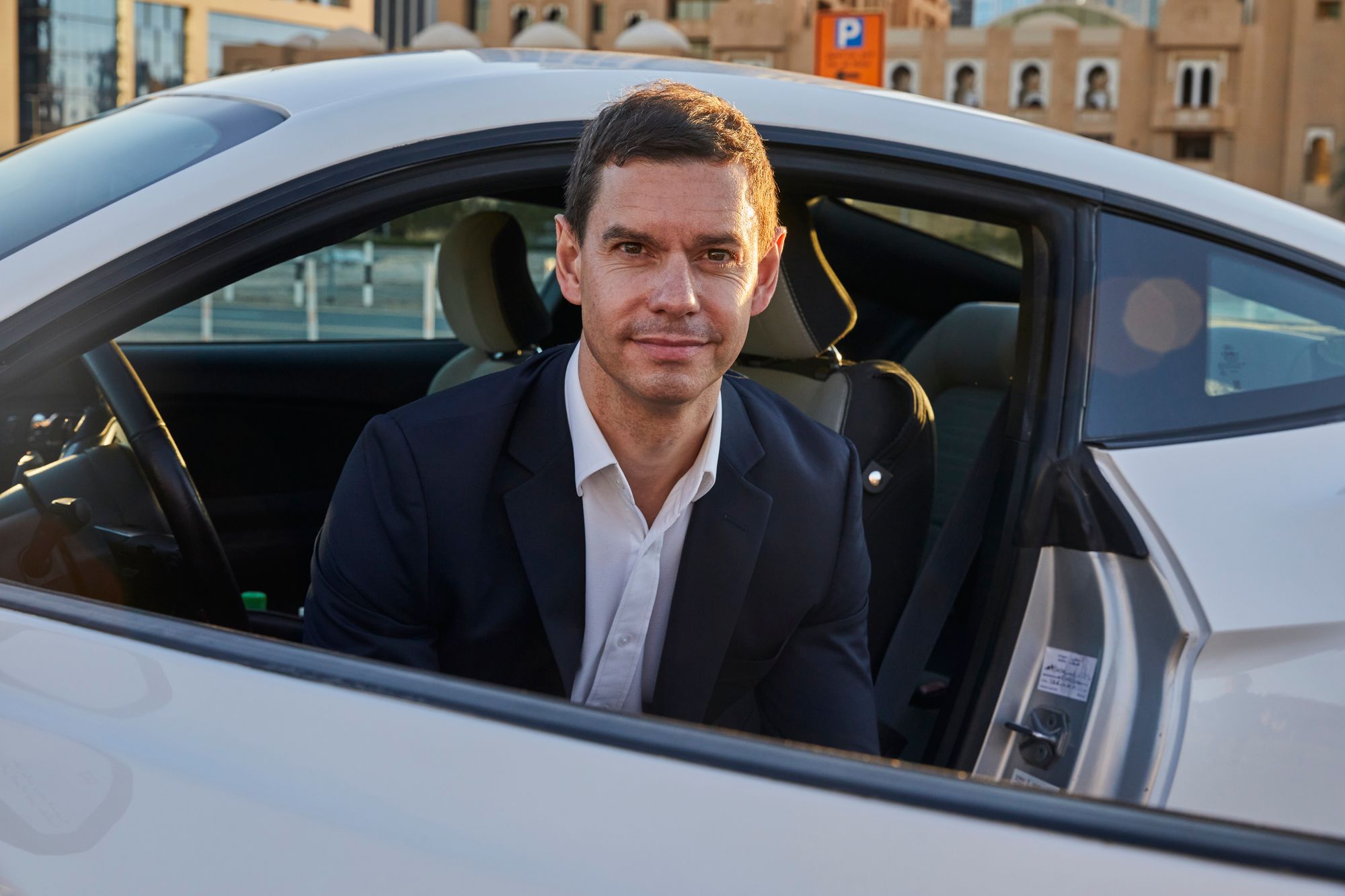
Watson added that the Kingdom has the opportunity to leapfrog developments in other markets with its major iconic projects steadily in progress. “There is one thing for sure in mobility- you don’t need to be first to win,” he said. “We have seen this countless times. Saudi Arabia has the energy, the drive, and the capital to pursue any vision it plans, and it has a large local population and a fast-increasing expat population that will continue to fuel and sustain this substantial growth.”
Discover the most outstanding articles.اكتشف أبرز المقالات.

Harnessing the power of digital twins to reimagine cities across the KSA and beyond. According to PwC’s 2022 report,

How Riyadh-based The Garage is contributing to a flourishing startup culture in Saudi Arabia In the heart of Riyadh, nestled

Saudi astronauts Rayyanah Barnawi and Ali Alqarni make history in giant leap for the kingdom. From earthbound dreamers to cosmic